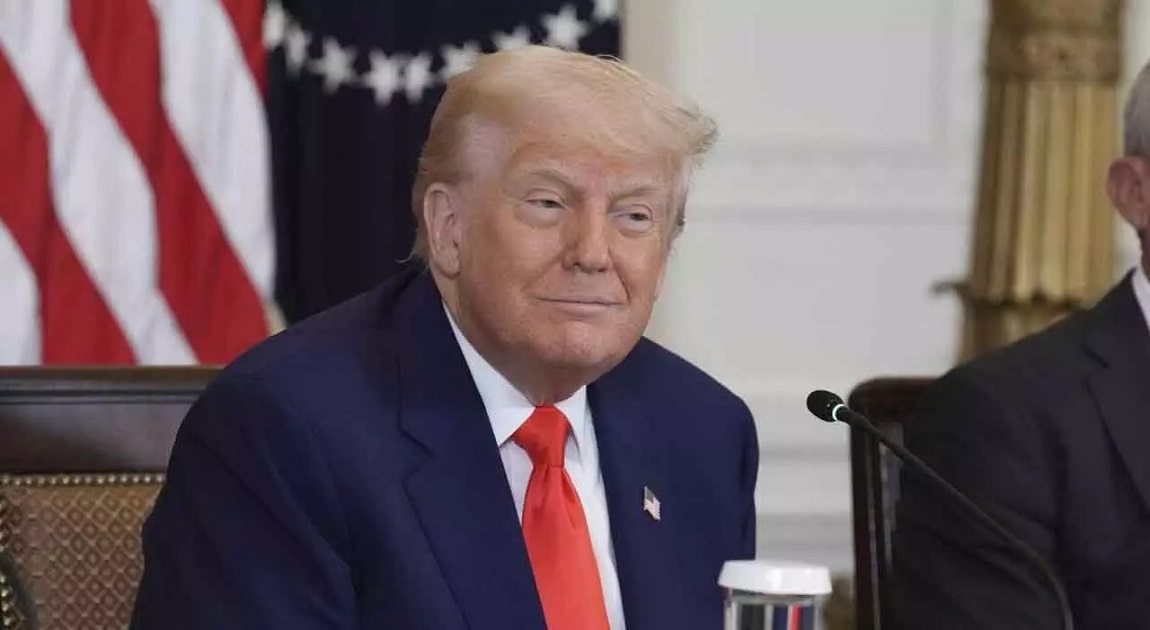U.S. President Donald Trump has sparked fresh concerns over global trade stability by threatening to impose a 50 percent tariff on all European Union goods if elected to a second full term.
Speaking at a rally in Michigan on Friday, Trump warned that unless the EU significantly reduces what he called "unfair trade practices," his administration would take strong retaliatory measures as early as June.
Trump accused the EU of exploiting American businesses through unbalanced tariffs and trade barriers, stating, “If they don’t treat us fairly, they will face a 50 percent tariff on every car, every product they try to sell here. We are not their piggy bank anymore.”
He did not provide detailed policy documentation but insisted the move was necessary to protect American workers and industries.
The European Commission responded swiftly, calling Trump’s remarks “deeply troubling” and warning of potential countermeasures if such tariffs are enforced.
A spokesperson said, “The EU believes in fair, rules-based trade. Any unilateral move of this nature would damage both economies and undermine international cooperation.”
This latest statement echoes Trump’s earlier trade wars during his first term, when he imposed tariffs on steel, aluminum, and a wide range of Chinese goods.
Economists warn that similar actions now could reignite global trade tensions, increase consumer prices, and strain transatlantic relations at a time when cooperation is needed for geopolitical stability.
Analysts also view the threat as part of Trump’s broader 2024 campaign strategy, appealing to his base by emphasizing economic nationalism and protectionist trade policies.
However, critics argue that such measures could backfire by provoking retaliatory tariffs and hurting American exporters.
With the U.S. elections approaching and Trump expected to be the Republican nominee, global markets are already reacting cautiously.
European automakers, in particular, saw slight dips in stock prices following the announcement.
If Trump wins the presidency again and follows through on his threats, June could mark a dramatic turning point in U.S.–EU trade relations, shifting the global economic landscape once more.




-20260226080139.webp)



-20260223082704.webp)










-20260225072312.webp)










-20260219054530.webp)
-20260224075258.webp)





-20260221022827.webp)